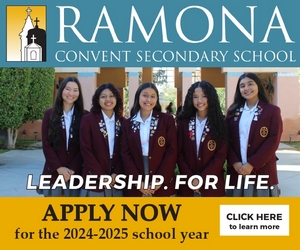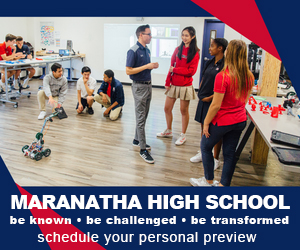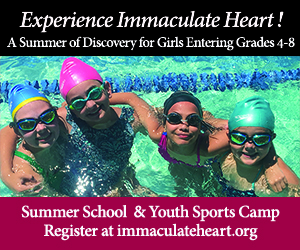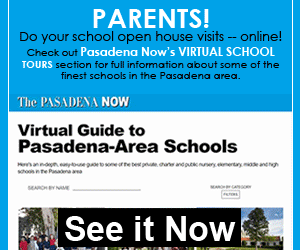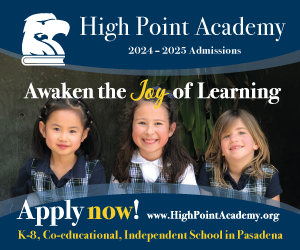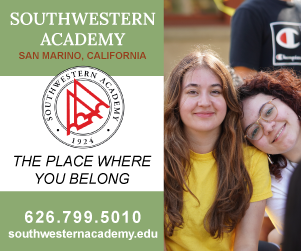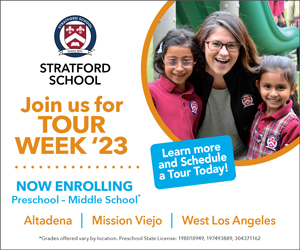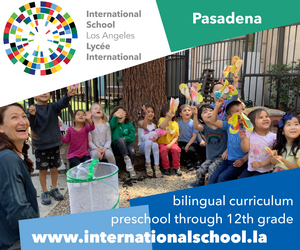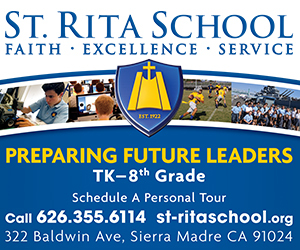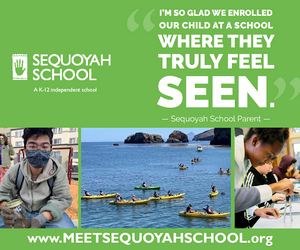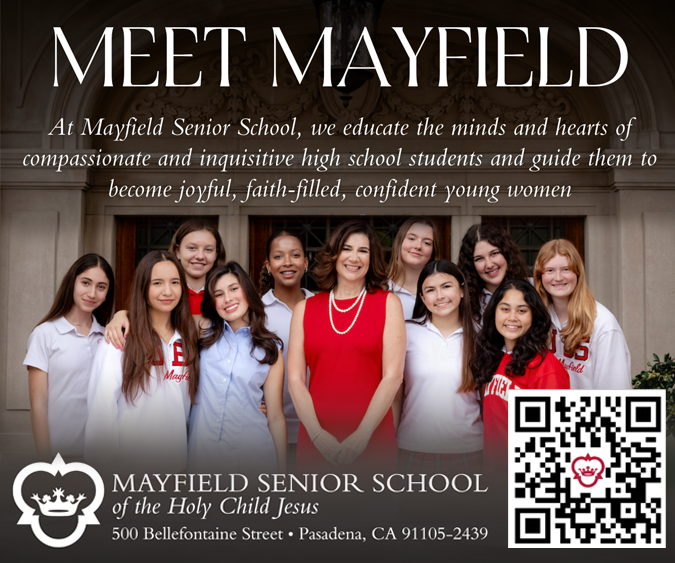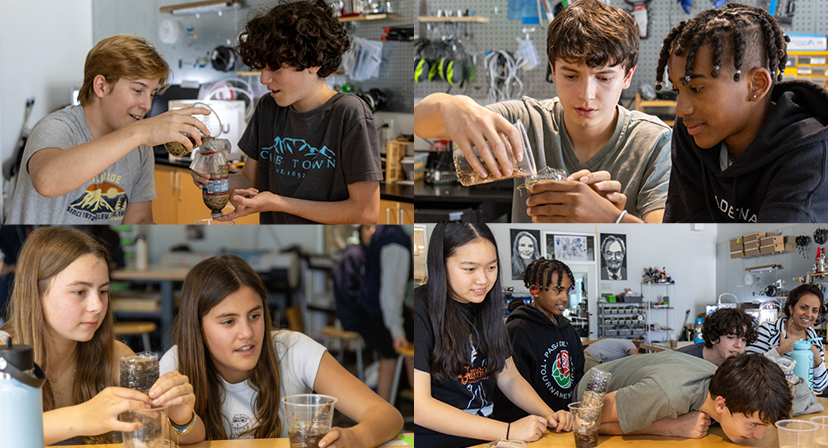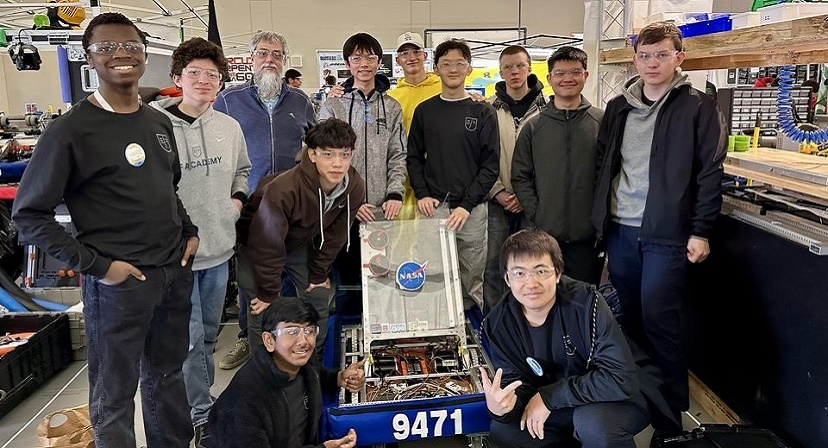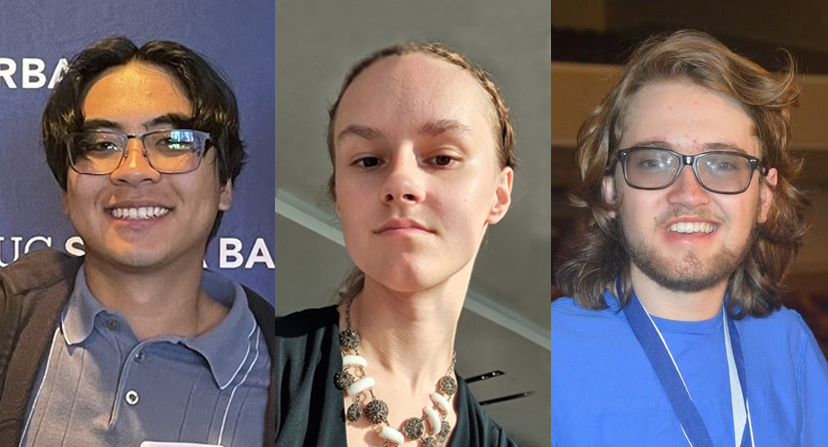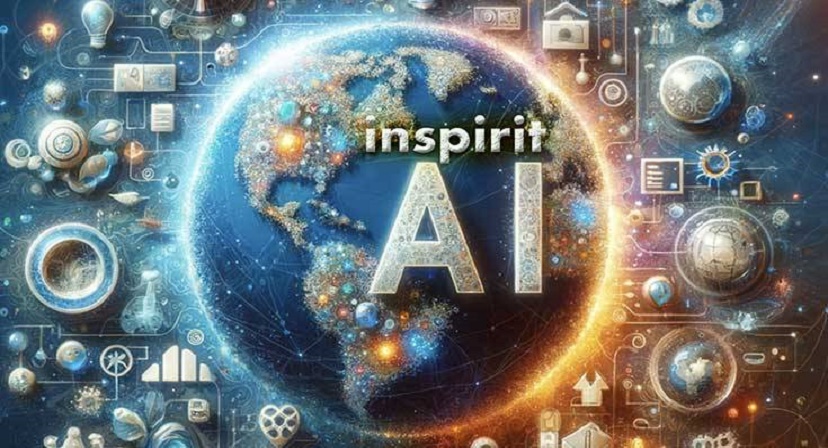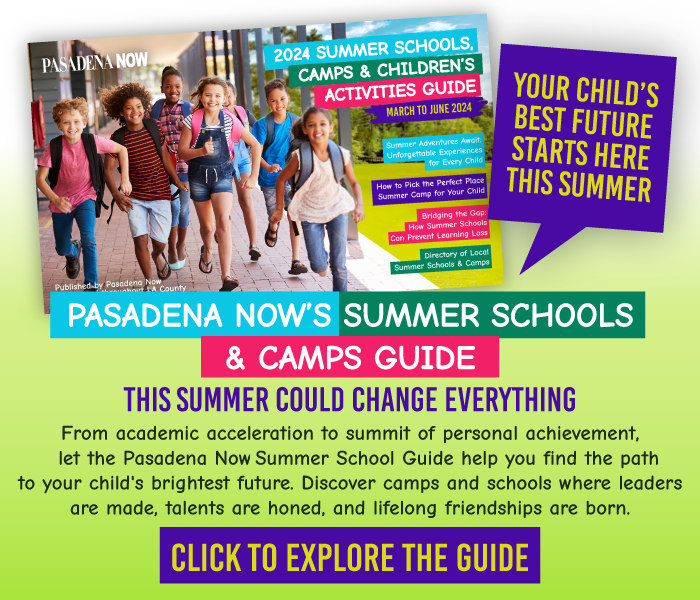Flintridge Sacred Heart Academy’s Research Program
On the Hill ... "we make research easy."
Risk and Research
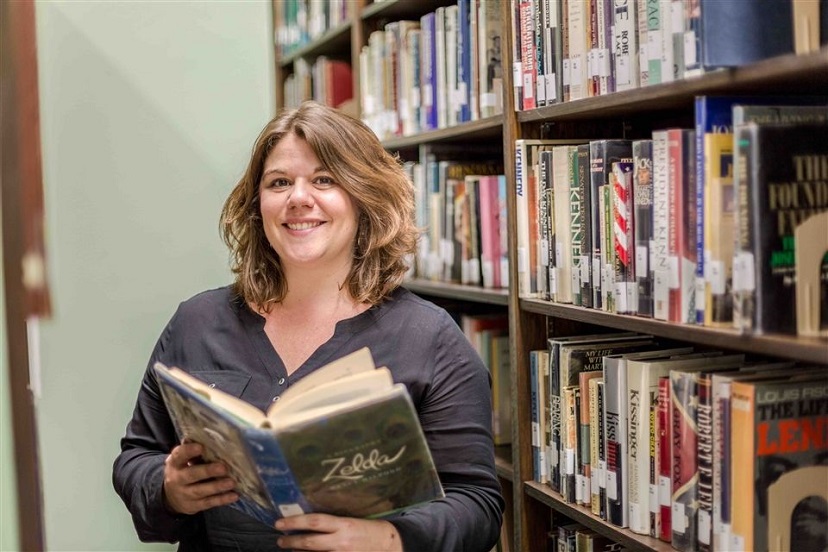
When a school prioritizes inquiry-based learning in all fields, students develop tools for questioning, scrutinizing, accepting, and rejecting information of all kinds. Students who have the ability to seek truth through the study and examination of evidence become deeper thinkers and more fruitful contributors to our society.
Flintridge Sacred Heart provides a four-year research curriculum, developed by Ms. Murphy, that develops the explicit and implicit skills students need to complete college-level and scholarly research and inspires a lifelong search for truth.
Q: What is the Research Program?
A: Flintridge Sacred Heart’s four-year Research Program was created to give students experience writing the types of papers they will be asked to write as soon as they enter their freshman year of college. We heard loud and clear from college-level instructors and librarians that freshmen were entering college without the mindset and skills required to carry out research papers. This capstone program represents our commitment to preparing our young women for university-level course work.
We start by cultivating curious minds. We encourage students to blend personal interests with academic ones as they explore the complex systems that make up our modern world.
We also emphasize core research skills, so students receive instruction in all grades on navigating academic databases, how to use predictive search methods to locate research material and the use of multiple electronic source documentation tools.
Q: What are some of the challenges students face during the Research Program?
A: It’s hard for the students, particularly after selecting a general topic, to narrow it down to a workable, debatable thesis after a long period of research. It’s a little uncomfortable for them as we’re flipping the process a little bit. We require that they wait a long time before claiming a thesis. They want to do that right upfront, so they can find resources that match their thesis statement. We require that they spend 8-10 weeks doing a deeper reading of the research material and create their thesis from what they find.
Our students are also in need of permission to take intellectual risks. It’s very scary for them to do that. They really want you to tell them the answer all the time. The Research Program gives them permission to take those risks; it actually requires them to do so.
Q: What are some of your favorite projects?
A: There are some really great projects. One student’s first idea was that she didn’t understand why young women didn’t want to identify as feminists. She identifies as a feminist and a lot of people don’t, so she wanted to look into that. At the same time, she became interested in ethnic heritage and ethnic diversity feminism. So now she’s writing a paper about the ways that the feminist movement has not appropriately addressed the racial and class issues of many American women. Her theory is that the feminist movement is really in jeopardy and losing people, young people, who aren’t identifying as feminists. It’s so complicated and amazing.
Another student is researching the post-World War I era and the way that the crisis and the trauma following that war led to an artistic explosion. She’s looking at the way writers and artists, out of a sense of hopelessness and desperation, began to define and create their art differently. And she’s come to that conclusion on her own.
What’s great about this project is that while some of these ideas aren’t new to us (those of us that have been around for a bit), the girls are just discovering them for the first time. There’s this moment when this student was talking to me about the post war trauma that everyone was feeling after WWI, the sense of fear and the loss of security and predictability in life, and she just looked at me and said, “But wait, at the same time people were starting to create this kind of art and this kind of music.” She realized this connection for the first time—and that is very exciting.
Q: Why do you think it’s important that high school girls learn the proper methods and the ways to do research?
A: There’s an expectation at the very early college level, the freshman course level, that they’ll be able to do a number of things independently. It’s our responsibility to prepare our students for that. We need to keep in mind exactly what a college will expect and know that professors do not deliver instructions on these skills. There’s not a lesson in place on how to use the database and how to use the library. It’s just an expectation.
There’s enough happening in their freshman year of college that’s stressful and learning how to do all of this here prepares them for a situation in college where these girls can be the ones on their dorm floor who say to their friends, “Oh, I know how to do that. Don’t worry. I’ll show you how.”
Q: What are some of the skills the students learn during the Research Program?
A: Through the research process, they learn how to properly identify information online and use it; they learn how to do smart searches; how to evaluate the credibility of a source; they’ll think about the information that they’re using and how they are using it. They also need to know how to document a source; when to know to abandon or discard it; when to know that an anticipated thesis statement is no longer valid—all of those things need to become more automatic for our students.
Q: It’s obvious that you love working with the students on their research skills. What else do you love about Flintridge Sacred Heart?
A: I love that being here requires me to take intellectual risks all the time. I feel that I am challenged in the work I do in a different way than the work I did previous to coming here. Prior to coming here, I was in public education and I was very focused on living within a system. I had to cope with a lot of obstacles that were in the way of the real work … that I was never able to get to. Here I can get to the real work.
I also love being part of a community that is committed to innovative curriculum design, that examines what we do as educators, and that constantly questions if what we’re doing is in line with our mission. We are careful and thoughtful, and that thoughtfulness is something truly valuable.
Junior and Senior Research Projects
After two years of foundational instruction, students are ready to tackle the advanced requirements of our junior (JRP) and senior research projects (SRP). These cross-disciplinary research projects allow students the opportunity to define their own topic, utilize college-level research methodologies, and conduct original scholarly research. We slow down the research process so that something that would take six weeks in college, we take eight months to do. This allows us to address very deeply how one goes about producing relevant research and then communicating and defending the results. By completing a research paper in the junior year and a substantial final project in the senior year, students are prepared for the academic transition from high school to college.
Seniors interested in the sciences can apply for Flintridge Sacred Heart’s Honors Scientific Research course, a hands-on lab that focuses on biotechnology techniques and research, which would take the place of the traditional SRP. At the end of the year, a select group of seniors present their findings to the community during our annual Student Research Showcase Night.
Flintridge Sacred Heart Academy, 440 Saint Katherine Drive, La Cañada Flintridge, (626) 685-8500 or visit www.fsha.org.




